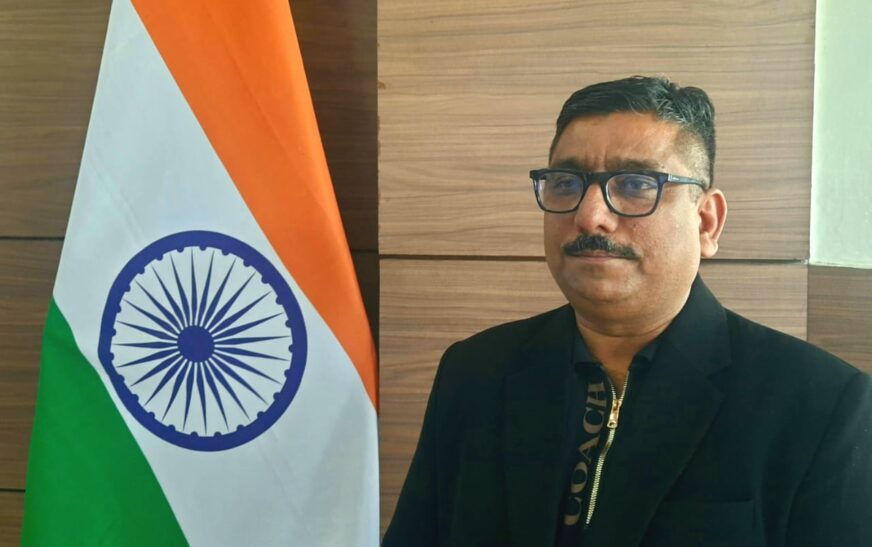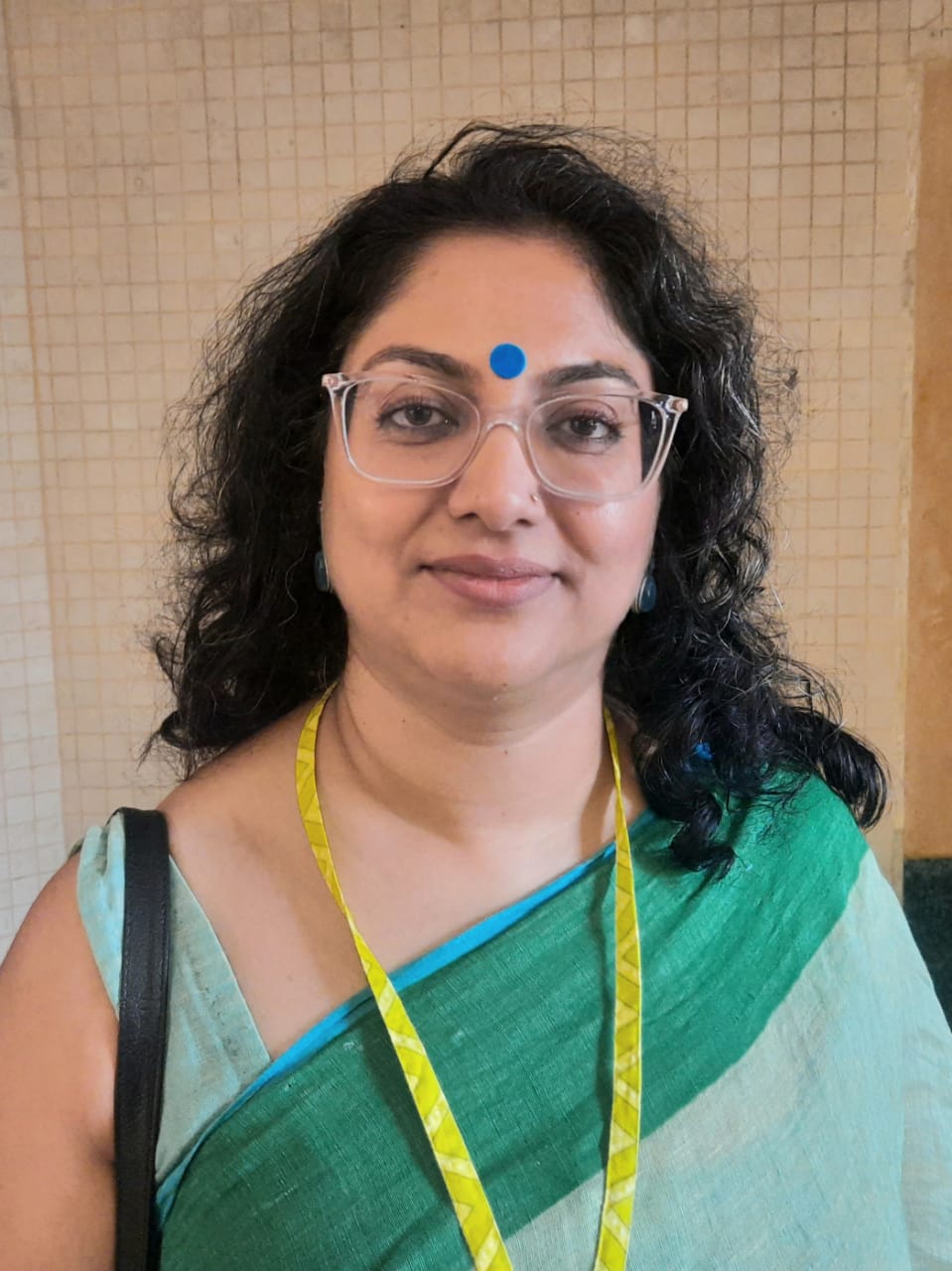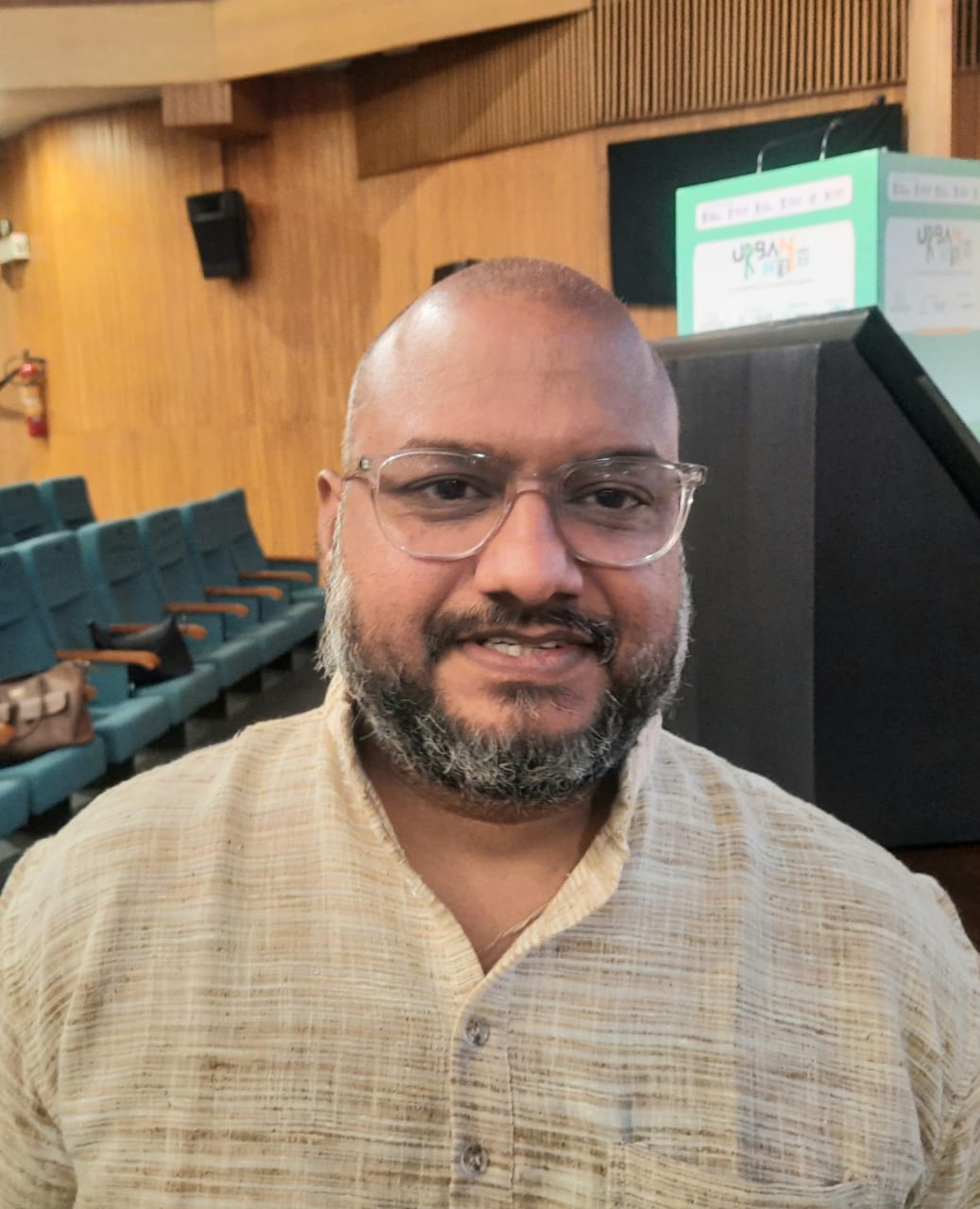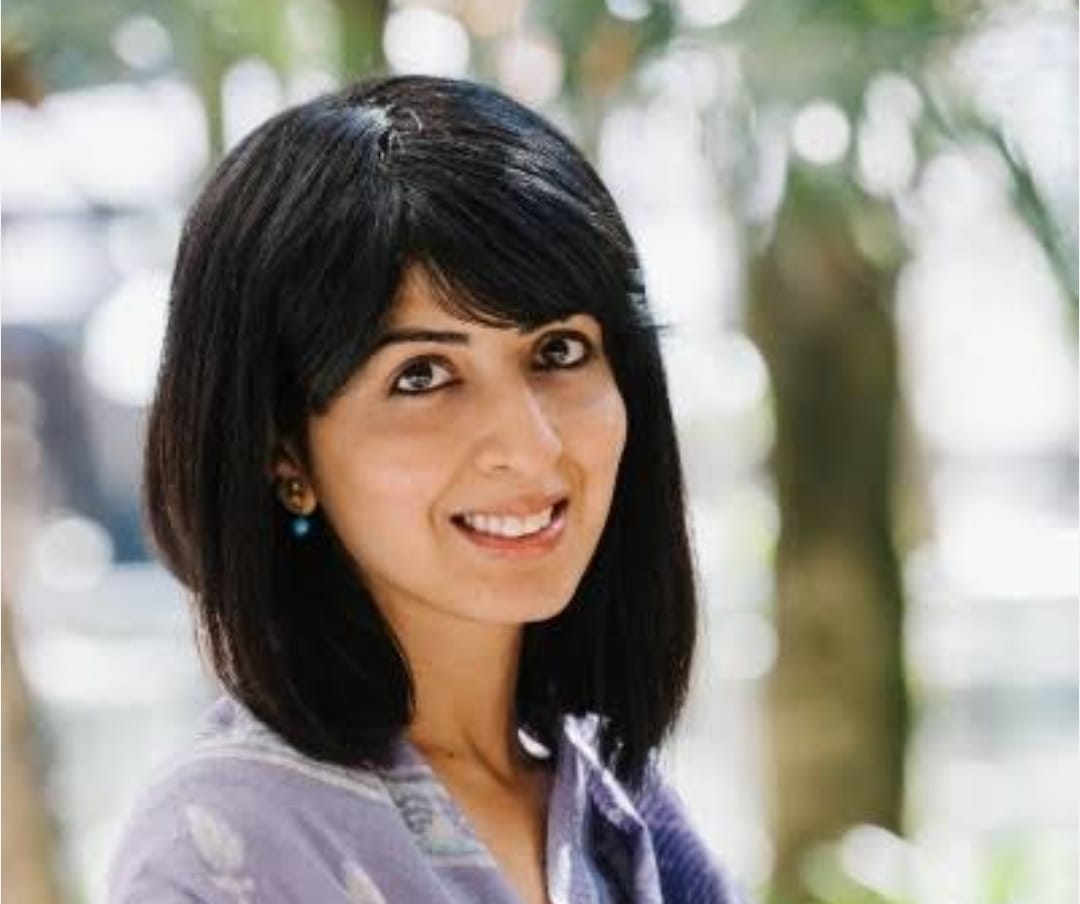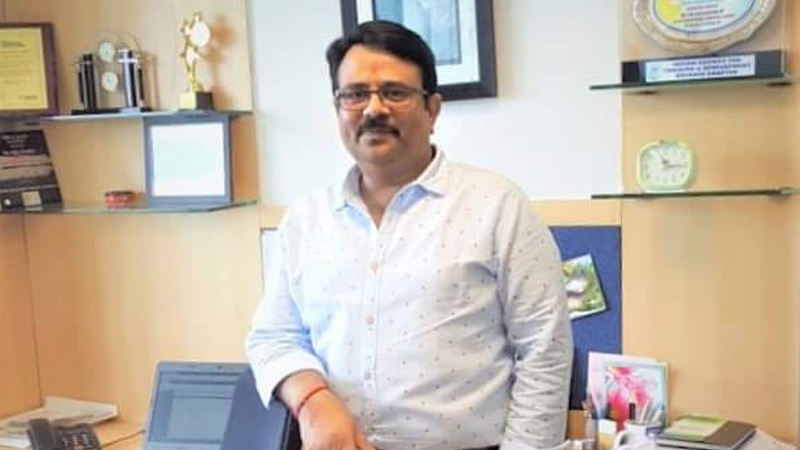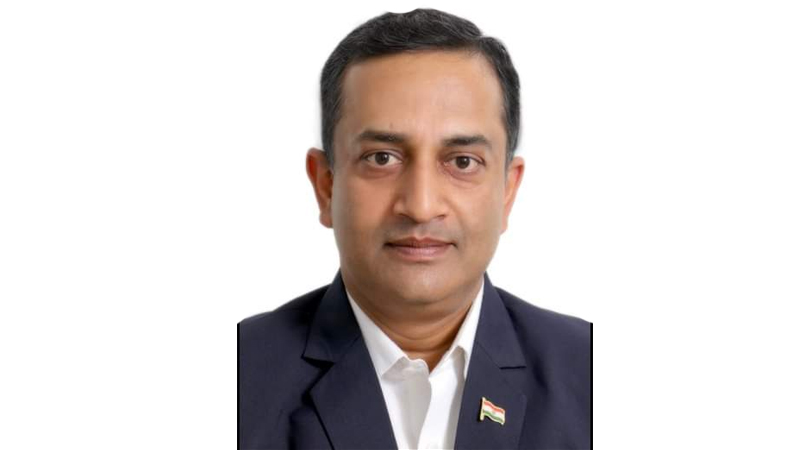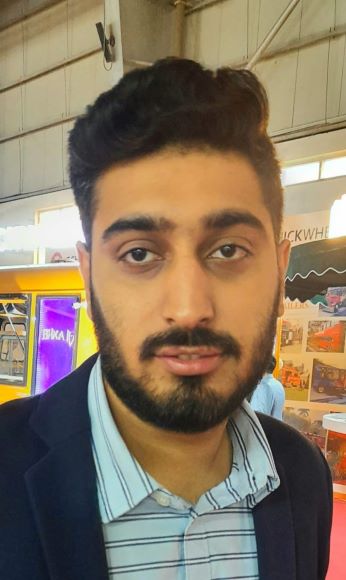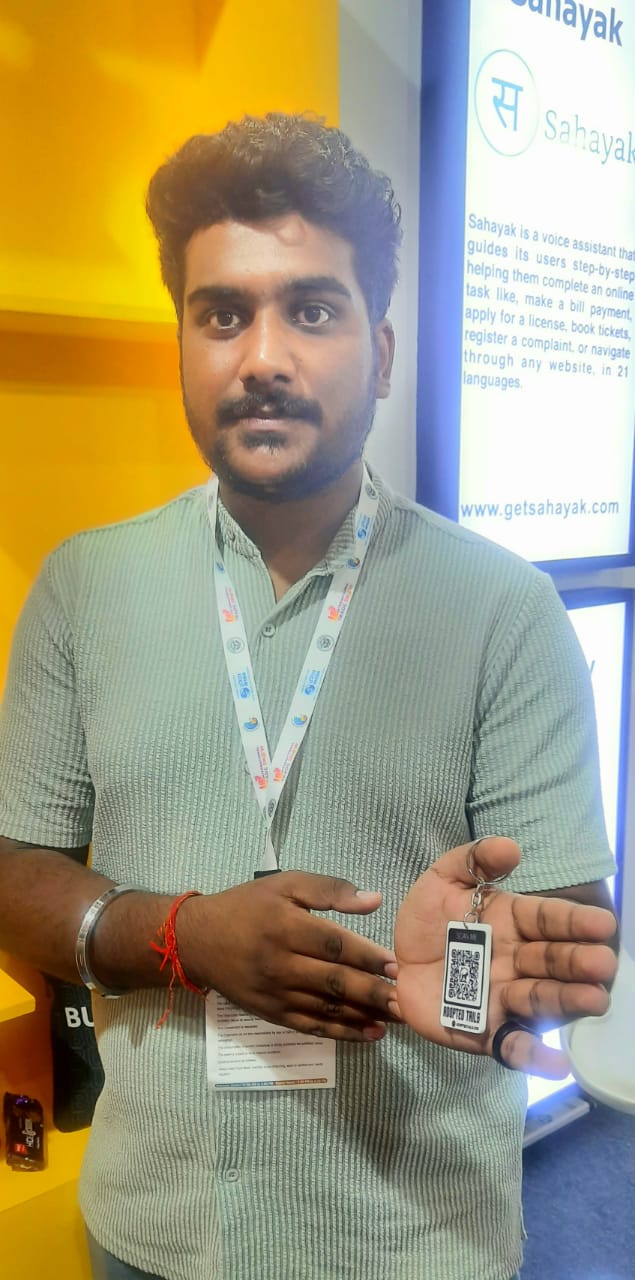The Brands and Sourcing Leaders Association (BSL) is a premier global community uniting influential leaders from the branding and sourcing sectors. With a collective trade value exceeding USD 55 billion in domestic and international textile and apparel markets, BSL serves as a critical platform for fostering collaboration, driving innovation, and promoting sustainable growth. Aligned with India’s Vision 2030, its mission is to elevate the nation’s textile trade on the global stage, emphasizing innovation, sustainability, and excellence.
BSL offers both individual and corporate memberships, granting access to exclusive resources, networking opportunities, and professional development programs. Through initiatives such as global outreach and strategic partnerships, BSL fosters international collaborations, amplifying India’s lifestyle industry and expanding the global footprint of Indian mills. Headquartered in New Delhi, BSL continues to lead transformative change in the apparel and textile sector by advocating for effective policies, advancing skill development, and facilitating trade.
In an exclusive conversation with The Interview World at the Conference on The Future of Textiles – Challenges and Opportunities in Man-Made Fibres, hosted by the PHD Chamber of Commerce and Industry (PHDCCI), Raman Dutta, Founder and National General Secretary of BSL, offers a comprehensive overview of his association’s pivotal activities. He discusses BSL’s significant contributions to the growth and progress of the textile and fashion industries, elaborates on his founding principles known as Panch Pahel, and emphasizes how the organization is bridging the demand-supply gap.
Dutta assesses the current performance of India’s textile and fashion industries, highlights key measures to generate more employment opportunities, and shares initiatives designed to boost exports. Additionally, he discusses the promising opportunities in textile and fashion accessories and underscores the significance of award functions and conferences organized by BSL to celebrate achievements. Below are the key insights from his compelling conversation.
Q: Can you provide an overview of the key activities and initiatives undertaken by BSL?
A: BSL is an exclusive association composed of CEOs from leading lifestyle industries. It encompasses three distinct categories. The first category includes international brands with a presence in India, such as Zara, Mango, PBS, and Tommy Hilfiger. The second category consists of prominent Indian brands operating at a large scale, including Raymond, Biba, Myntra, and Aditya Birla Fashion and Retail. Lastly, the third category features large-format buying offices.
Q: Does BSL have international chapters as part of its global outreach and presence?
A: We have 12 international chapters, including those in Russia and Japan, along with two chapters in Europe and one in the United States. Each chapter is comprised of 20 to 60 members.
Q: How is your association contributing to the growth and advancement of the textile and fashion industry?
A: We are driving demand through our efforts. This is the core of what we do. When international brands seek to source products from India, they turn to our association as a key partner.
Q: Could you walk us through the core vision and values that shaped the ‘Panch Pahel’ initiative?
A: BSL actively unites to support its allies, driving the expansion of value propositions through strategic collaborations and creating a framework for shared objectives. Our founding principles, known as The Panch Pahel, encompass Sustainability, Digitization and Automation, Import Substitution and Upscaling, MMF 10X Technical Textiles, and Design and Innovation.
Q: How do you plan to bridge the demand-supply gap in the textile sector, and what strategies are you exploring to ensure a more balanced and sustainable value chain?
A: We are driving demand, and where demand exists, supply can always follow. For instance, when there was a global need for vaccines, we responded by scaling production. Similarly, if demand grows in the international market, we can enhance supply to meet it. Both demand and supply are deeply interconnected.
Q: How do you assess the current performance of Indian textile and fashion brands on both domestic and global fronts?
A: No, absolutely not. In the lifestyle sector, we are significantly behind. India lacks a single homegrown brand with a truly global presence. This is a critical area where we are making substantial efforts. We are committed to taking Indian brands international, empowering them to become global players. Our goal is to spread this soft power across the world.
Q: Are you satisfied with the current growth trajectory of the textile industry in India?
A: The journey is progressing well, and the pace is optimal. I believe this is the perfect moment to broaden our horizons.
Q: In your view, what key measures are needed to generate more employment opportunities, particularly within the textile and fashion sector?
A: The textile sector is the largest source of employment in the country. To maximize its potential, we must focus on areas where it can grow more rapidly.
Q: What key initiatives is your organization undertaking to enhance export growth?
A: Each year, we aim to export more brands and expand our manufacturing base in India to boost exports. These efforts are integral to our broader initiatives.
Q: You spoke about the opportunities in textile accessories such as zippers—can you explain what kind of market potential exists there and why it stands out?
A: YKK dominates the market, holding an 80% share. To challenge this, Indian zipper manufacturers must work to increase their market share by upgrading product quality and expanding into new categories. By doing so, they can position themselves as leading global suppliers. Accessories also play a crucial role in this strategy.
Q: What initiatives does your organization have in place to support or organize awards and conferences?
A: As global leaders, we are inviting top sourcing leaders to engage in discussions and participate in a dialogue about their contributions over the past decade and their growth plans for India in the next five years. Through this, we aim to identify specific demands in targeted categories. Our goal is to recognize those who have never been acknowledged before. While global brands are already sourcing from India, we are establishing ourselves as manufacturing hubs with international brands. This is the vision we are working toward. Our upcoming awards function will take place on July 10-11 at Bharat Mandapam.


